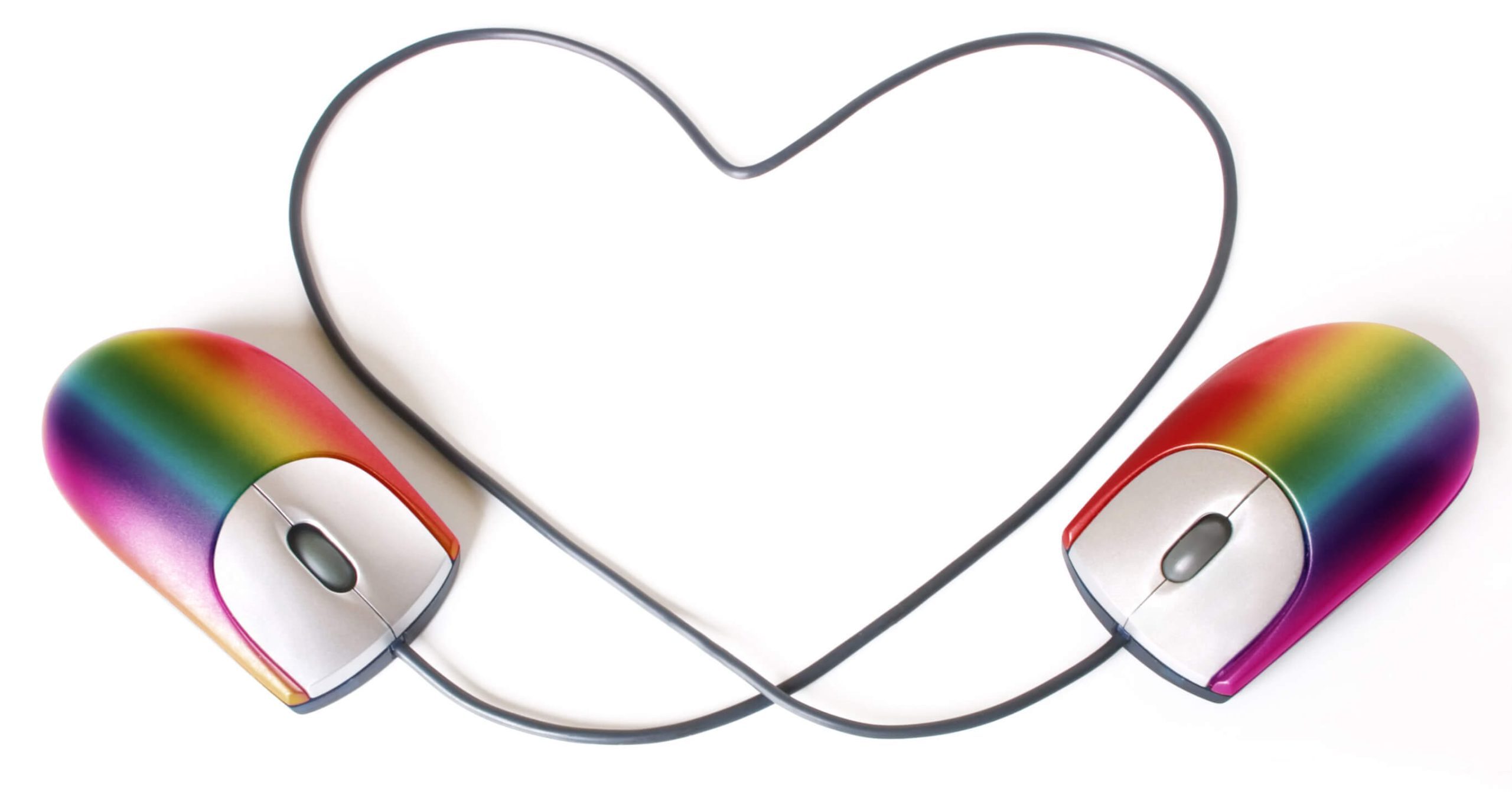On the rare occasion that my partner and I go out to the club, we’re inevitably asked the same question, by a stranger, at least once: “Do you live here?”


Typically, this is the opening line to a conversation about a threesome. Traveling gays love to know who lives in town versus who else is traveling, so they don’t waste a night dancing with some guy (or couple) who won’t be able to host the afterparty. But the question carries additional heft for me as a disabled person who lives nearby but pretty much never goes anywhere that would make my living nearby apparent.
“Do you live here?”—as a question tossed out across the dance floor—is a reminder that queer life is deeply social, one that requires not just the presence of queer people but also relations among them. A life defined by the rubbing, tugging, and grinding of queers sharing the same restaurants, bars, bookstores, gyms, concert halls, beaches, parks, and roller rinks. “Do you live here?” Well, yes and no. I do, but I don’t. I’m here, but I’m not sure my living counts.
You might think that I’m being dramatic. While it’s true that I have a penchant for drama, in this case I happen to be giving it to you straight (pun intended). Disabled queer and trans people often feel removed from our abled peers because we are removed—physically, socially, politically, and sexually. Many disabled people can’t access queer hotspots, like bars and beaches, that lack ramps, quiet spaces, air-conditioned areas, or room for standing that doesn’t devolve into a mosh pit.
As a result, these and other disabled people have a much more difficult time establishing and maintaining social lives with abled queers who frequent inaccessible spaces. Politically, disabled people are not afforded the same privilege as abled gays and lesbians to deny the authority of medicine. Sure, we can contest the pathologization of homosexuality, but we might still be bipolar or have schizophrenia, obsessive-compulsive disorder, dissociative identity disorder, depression, or any number of other mental and physical disabilities that require our ongoing participation with/in the medical industrial complex.
As for sex, disabled people are stuck within an impossible bind: either we’re infantilized to the point that sex with us is considered inappropriate, or we’re hypersexualized until sex with us is assumed to be dangerous. In both cases, we’re left undesirable, bereft of the capacity to want or be wanted. Once again: I might be here, but I’m not sure my living counts.
There is, however, one place where I feel confidently that I live here. When I am online, whether using social media apps, dating apps, or video software, I experience a rare sense of community. The web offers me access to other queers, crips, and queercrips who I would likely never have the opportunity to meet or build relationships with otherwise.
Online I can talk with Gavin, a fellow neurodivergent queer, who lives in Tennessee. I’ve never met him in real life, but I consider him my closest friend. Online I can meet hot people from whom I can choose to withhold my disability status until it feels safe enough to disclose. Online I can get involved in local, national, and international liberation movements in ways that honor my bodymind’s sensory needs. The internet is a place I can live without worrying whether I’ll have a meltdown because, if I do, I can choose who to tell. No scrambling for the bathroom. No anxiety that people will bump into me and knock me over. No earplugs or sunglasses or emergency cold presses kept safe in a fanny pack. For many of my disabled friends, the internet ensures they won’t be left without a ramp, accidentally served an allergen, or trampled over by a crowd. Having access to the web is to have access to a queer world.
Of course, no queer world is perfect. Queer and crip communities online face similar challenges with internal hierarchies and forms of exclusion as they do face-to-face. There are queer white supremacists and transphobes who cyberbully and gatekeep. There are muscle gays who fat shame, often by complaining about the “bloatedness” of their own taut bodies. And there are disabled ableists who attempt to police the boundaries of disability identity and activism, typically at the expense of people with intellectual disabilities. This is all to say: the web isn’t perfect. The internet doesn’t make people nicer, and its infrastructure is designed to replicate many of the structural inequities that exist elsewhere in the world. But as disabled people will tell you, access doesn’t have to fix all of the world’s problems in order to be valuable. Rather, access is a prerequisite for fixing any of the world’s problems. Without access, queer and trans disabled people aren’t able to be part of the solution, which means the solution probably won’t include queer and trans disabled people.
Perhaps the most popular slogan from the disability rights movement of the late twentieth century was “Nothing about us without us.” The web gives us the opportunity to be an us who can talk, laugh, think, complain, and conspire with one another and with ableds. Even as we work to make online spaces themselves more accessible and equitable, it is worth celebrating the possibilities that are now within reach. Access, even when it is still marginal and incomplete, trends toward greater access. Accessibility breeding accessibility. My digital communities and internet friends make it so I don’t have to worry when someone asks, “Do you live here?” I can say “yes,” “no,” or “kind of”—it doesn’t really matter because regardless of what I say, the here to which the stranger on the dance floor is referring is not my here. I’m living everywhere, lit by thousands of glowing screens, breathing to the beat of millions of tapping fingers, and grooving across a network connecting my queercrip pulse to billions.
Logan Smilges is an Assistant Professor of Language, Culture, and Gender Studies at Texas Woman’s University. Their first book, Queer Silence: On Disability and Rhetorical Absence, is forthcoming with the University of Minnesota Press. More information about them and their work can be found at jlsmilges.weebly.com.
